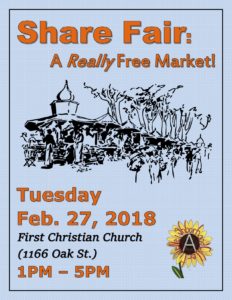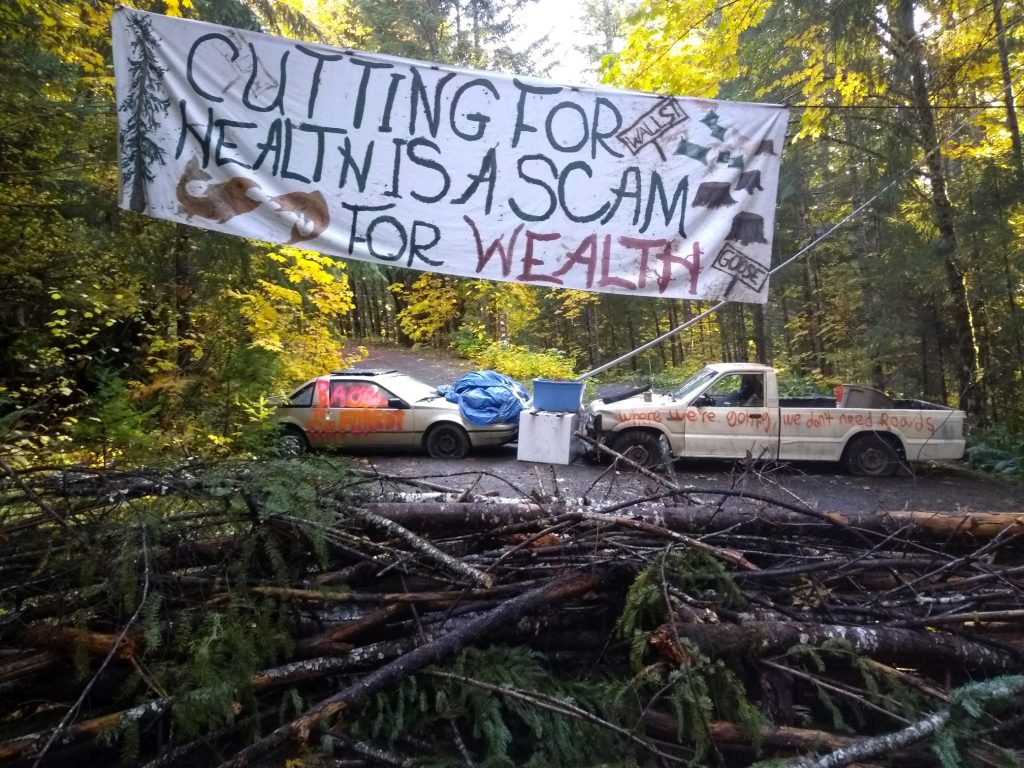At every full collective gathering we acknowledge that we live in a society founded on stolen land and stolen lives. Someone researches and presents a relevant topic and then we take a moment of silence to reflect. We share the research here for others as well:
The U.S. has a history of slowly and grudgingly making social progress, but we are still far from being done. In honor of Black History Month, we will cover a brief (and racist) history of mass incarceration of the Black community and statistics, political prisoners, and different ways to provide support for them.
In the years following the end of legal slavery, it is no coincidence that the U.S. found ways to criminalize Black folks under certain laws to imprison a disproportionate amount as the prison system became a new way to provide free and cheap labor for plantations. These laws, known as the Black Codes and designed after racist laws existing since colonial times, were intended to restrict their freedoms and control their movement and labor, and within a century, their labor was being used for governmental contracts and private industries.
With these already disproportionate numbers, President Nixon’s “war on drugs” in 1971 was a response to the social unrest across the country as the Black community struggled for civil and human rights. The laws that passed under this new “war”, such as the Rockefeller drug laws in New York, fueled a surge in prison populations with numbers continuing to increase to this day.
Statistics:
-Between 1980 and 2015, the number of people incarcerated in America increased from roughly 500,000 to over 2.2 million.
-Black people are incarcerated at more than 5 times the rate of white people.
-Imprisonment rate of Black women is twice than that of white women.
-African American children represent 32% of children who are arrested, 42% of children who are detained, and 52% of children whose cases are judicially waived to criminal court.
-Though Blacks and Latinos make up approximately 32% of the US population, they comprised 56% of all incarcerated people in 2015.
Besides these reasons, there are also many Black folks who have been incarcerated for their activism and political activities who have served long sentences or remain in prison. The NYC Anarchist Black Cross has an extensive list of folks, including a list of Black political prisoners such as Herman Bell, Reverend Joy Powell, and Russell Maroon Shoatz, who are still incarcerated today:
Herman Bell – Herman joined the Black Panther Party in Oakland, CA and became active around human rights issues in the Black community. In 1971, due to relentless FBI attacks on the Party, Herman went underground. While underground, Herman joined the Black Liberation Army, and in September of 1973 he was captured and extradited to New York on charges of having killed 2 New York City police officers—a case for which other Panthers were serving time. No witnesses were able to put Herman at the scene of the crime. The first trial ended in a hung jury, but Herman was convicted at his second trial and sentenced to 25 years to life. Herman remains a prison activist, having coached sports teams inside the prison system, as well as mentoring younger prisoners. More info: freehermanbell.org
Revered Joy Powell – A reverend from Rochester, New York who was active in opposing police brutality, violence, and oppression, she was falsely accused by the Rochester Police of burglary and assault in retaliation for her activism. Powell was warned by the Rochester Police department that she was a target because of her speaking out against corruption. An all-white jury tried her; the state provided no evidence and no eyewitnesses. Rev. Joy was not allowed to discuss her activism or say that she was a pastor. She was convicted and given 16 years and seven years concurrent. More info: freejoypowell.org
Russell Maroon Shoatz – Shoatz was a dedicated community activist and founding member of the Philadelphia based organization Black Unity Council, which eventually merged with the Black Panther Party (1969). In 1970, Maroon was accused along with 5 others of attacking a police station, which resulted in an officer being killed. This attack was said to have been carried out in response to the rampant police brutality in the Black community. For 18 months Maroon functioned underground in the Black Liberation Army. In 1972 he was captured. Twice he escaped—once in 1977 and again 1980, but both times he was recaptured and today he is held in Pennsylvania where he is serving multiple life sentences. More info: russellmaroonshoats.wordpress.com
NYC Anarchist Black Cross U.S. Political Prisoner and Prisoner of War Listing: https://nycabc.files.wordpress.com/2017/11/nycabc_polprisonerlisting_12-9-1november2017.pdf
The Education project also does a monthly Incarcerated Comrade Support Night to write letters and support political prisoners, so if you would like to get involved and support in any way that you can, be on the lookout for future announcements about these events!
Angela Davis – Political Prisoners, Prisons, and Black Liberation:
http://www.historyisaweapon.com/defcon1/davispoprprblli.html

